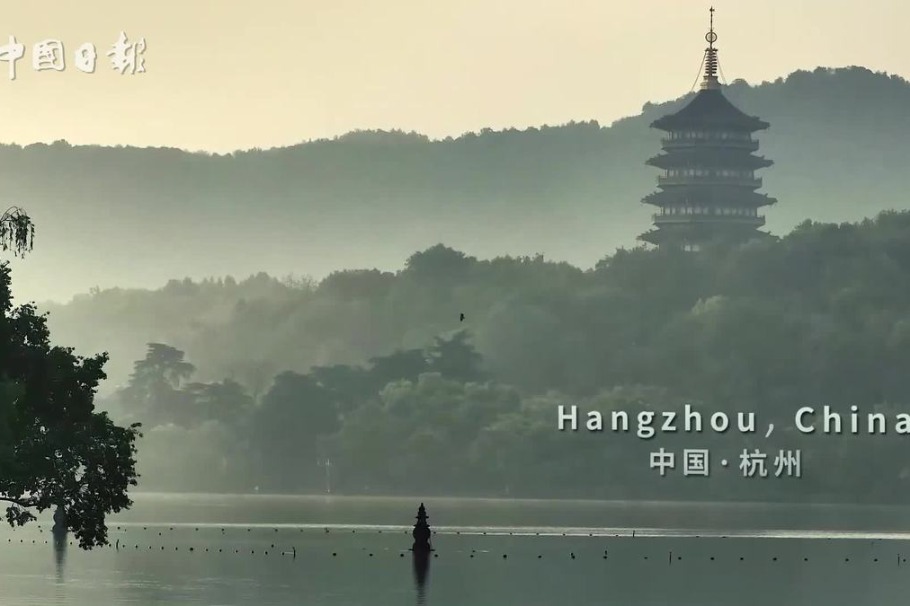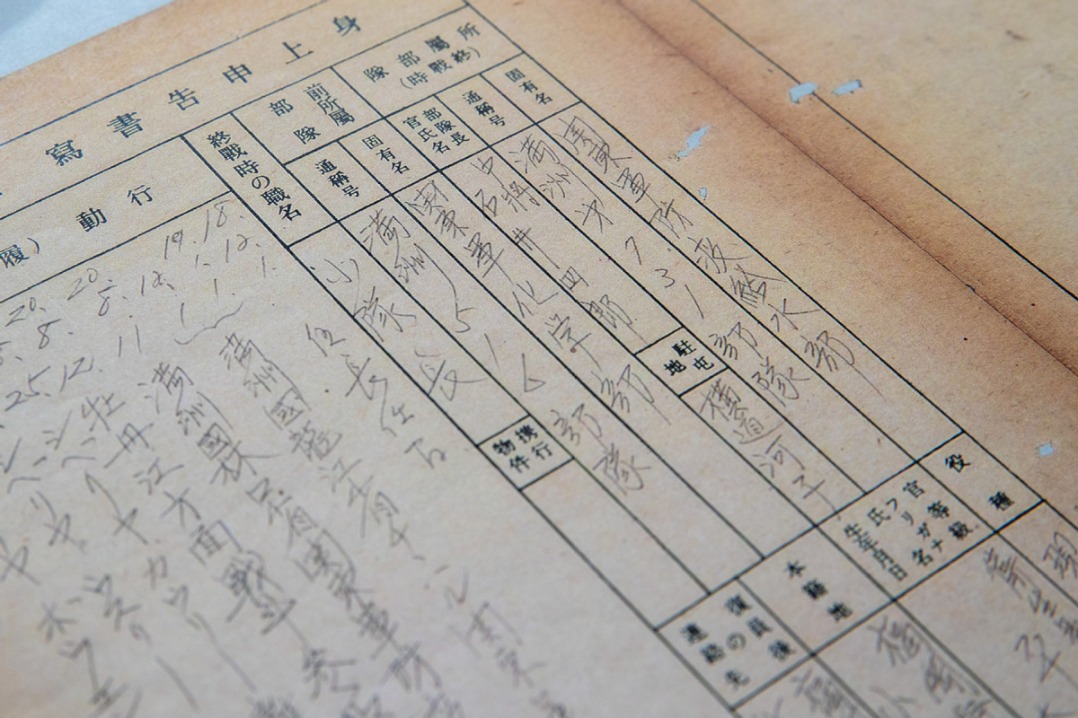China, Pakistan promote regional peace, stability
By Fu Xiaoqiang | China Daily | Updated: 2021-05-19 07:18

Pakistan was one of the first countries to recognize the People's Republic of China, and the two countries established formal diplomatic relations on May 21, 1951. Since then, China and Pakistan have maintained a rock-solid friendship irrespective of global developments, and Sino-Pakistani ties have become a model of diplomatic relations.
President Xi Jinping paid a historic visit to Pakistan in April 2015, elevating bilateral relations to an all-weather strategic cooperative partnership. During the visit, he said that the two countries share a special friendship, and have always supported each other on core interests and major national concerns.
During the visit of Pakistani Prime Minister Imran Khan to China in November 2018, the two sides agreed to build a Sino-Pakistani community of shared future in the new era.
This year marks the 100th anniversary of the founding of the Communist Party of China and the 70th anniversary of the establishment of Sino-Pakistani relations. Also, China is set to achieve its first centenary goal of building a moderately prosperous society, and its goal to realize the rejuvenation of the Chinese nation resonates with the Khan administration's vision of "Naya Pakistan".
Sino-Pakistani friendship entered a new era when the COVID-19 pandemic broke out, with the two sides supporting each other in the fight against the novel coronavirus.
Pakistan was the first country to receive COVID-19 vaccines from both the Chinese government and military. In April, the third batch of vaccines dispatched by the Chinese government arrived in Pakistan to help the country control the third wave of the pandemic, reflecting the ironclad friendship between the two countries.
Sino-Pakistani relations are the pillar of regional peace and stability, and the two countries share similar development and security interests. Even during the Cold War, the two sides worked together to break the geopolitical containment of the West, and helped stabilize the South Asian region.
Over the course of this century, China and Pakistan have been supporting each other in the implementation of anti-terrorism strategies. They also support the Afghan peace and reconciliation process, and are promoting regional counter-terrorism cooperation.
The two sides reject the politicization of the COVID-19 pandemic, and have established a cooperation mechanism to contain the spread of the virus and organized meetings with other South Asian countries, in order to strengthen the global fight against the pandemic.
They have also set a benchmark for international cooperation, with the China-Pakistan Economic Corridor and Gwadar Port being an important part of the Belt and Road Initiative. In fact, under the CPEC, 46 early-harvest projects have been launched or completed, and the CPEC is proceeding uninterrupted despite the pandemic. Besides, the electricity the CPEC energy projects generate accounts for about one-third of Pakistan's power supply.
The second phase of the CPEC is focused on industrial and agricultural development and better road connectivity, and the two sides are reaping the benefits of cooperation in the Gwadar Port.
The world is undergoing unprecedented changes partly due to China's rise, while Pakistan plays an important role in the Muslim world. As such, Sino-Pakistani friendship is set to deepen further.
First, China and Pakistan both face complex security risks and have arduous development goals. China has made national development and security an integral part of the 14th Five-Year Plan for Economic and Social Development and the Long-Range Objectives Through the Year 2035. Pakistan, on its part, has introduced an economic security plan, emphasizing the integration of development and security. With cooperation in the fields such as technology, national security and poverty alleviation, the two sides will break the security and cooperation dilemma and set an example for sustainable development.
Second, the Belt and Road Initiative is not a geopolitical tool and the Pakistani government has decided to shift its diplomatic focus from geopolitics to geo-economics, and lays emphasis on regional trade and investment.
The CPEC now links different economies and the further development of Sino-Pakistani ties will promote regional development and safeguard regional security, spurring the economic growth of neighboring Afghanistan and Central Asian countries.
Third, the future points toward a multipolar world, and the days when some countries set the international agenda are gone. And from now on, countries in the region will handle regional affairs through consultation. And since China and Pakistan already believe in this principle, they will contribute greatly to regional peace and stability.
The author is a research fellow at the China Institutes of Contemporary International Relations.
The views do not necessarily reflect those of China Daily.
























